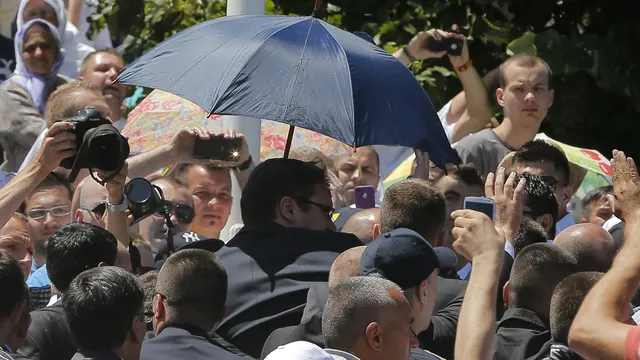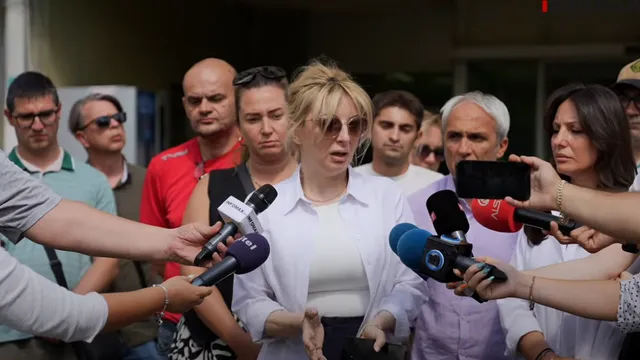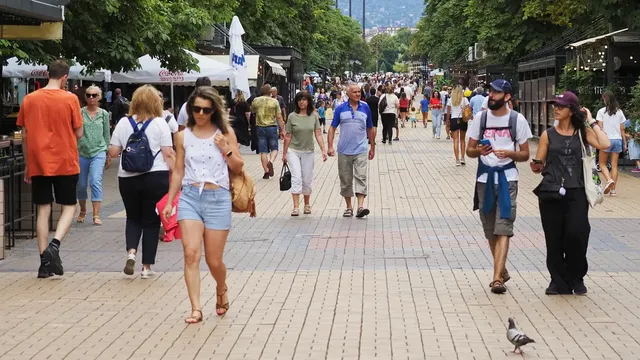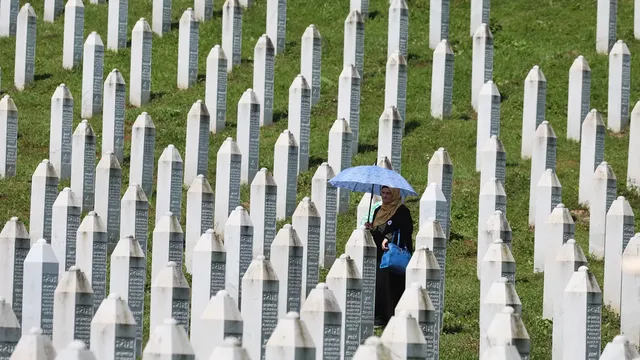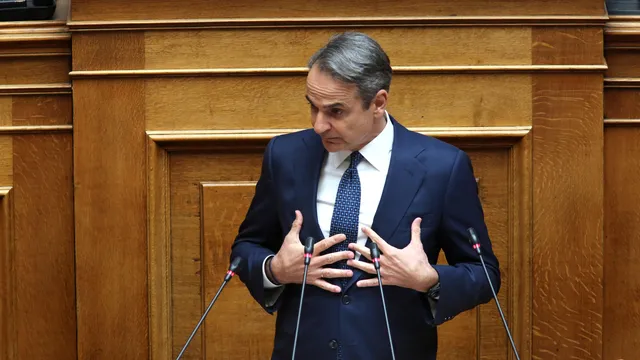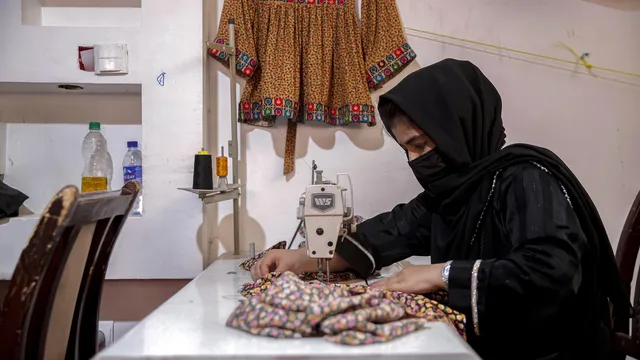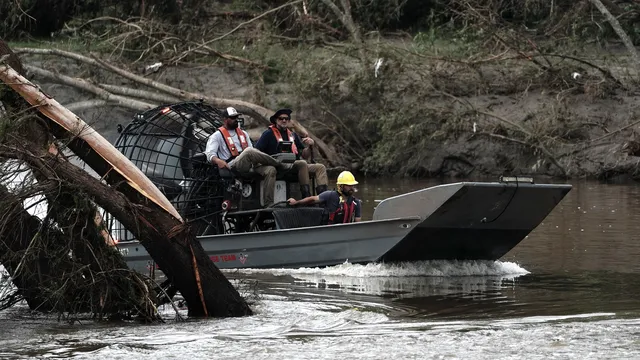Exactly ten years ago, Serbian President Aleksandar Vučić (then Prime Minister) was chased away by the mothers of those killed in the 1995 Srebrenica massacre, BGNES reported.
In 2015, the former right-hand man of dictator Slobodan Milošević went to Potočari to lay a flower at the cemetery memorial for more than 8,000 murdered Bosniak Muslims — shortly before the first stone was hurled at his head. His security opened an umbrella to protect him, and he was escorted out of the memorial among the graves.
At the time, the 20th anniversary of the genocide was being commemorated, and Vučić was met with a large banner quoting what he had said in 1995 before the Serbian parliament: “For every killed Serb, we will kill 100 Muslims.” At that time, he served as Milošević’s Minister of Information.
BGNES reminds that the genocide in Srebrenica was of an enormous scale, unseen since the Second World War. In the early 1990s, Milošević launched devastating wars in Croatia, Bosnia and Herzegovina, and Kosovo. Hundreds of thousands were driven from their homes.
During the Bosnian War (1992–1995), tens of thousands of Bosniaks from surrounding areas, fleeing attacks by Bosnian Serb forces on their towns and villages, sought shelter in Srebrenica. For three years, Bosnian Serb forces besieged the enclave and shelled it. They controlled access roads and blocked international humanitarian aid such as food and medicine. People camped in stairwells and corridors of apartment buildings, in cars, and in public buildings like the school and sports center, while others had no shelter at all and huddled outside in temperatures that dropped to -25°C at night during the winter.
In April 1993, when the town was under tank and artillery fire from the Serbs, the UN Security Council adopted Resolution 819, declaring Srebrenica a “safe area.” Two years later, on July 11, the Bosnian Serb army, led by General Ratko Mladić, captured Srebrenica, forcing tens of thousands of refugees to flee to the Dutch compound in Potočari on its outskirts. The peacekeepers withdrew ingloriously into the UN base along with thousands of refugees, mostly women and children.
Insisting that the Muslim population of Srebrenica surrender, Mladić promised that those who laid down their arms and obeyed would be spared. “Allah cannot save you, but Mladić can,” said the war criminal — later convicted in The Hague — to Ibrahim Nuhanović, a Muslim civilian translator, during a meeting a few hours before the massacre began, which was recorded on video.
In the days that followed, a systematic extermination was carried out by the Bosnian Serbs. The victims’ bodies were thrown into mass graves. Later, the Serbs exhumed many of them and reburied them to conceal the evidence. In the years that followed, the bones of the murdered were found scattered miles apart. | BGNES

 Breaking news
Breaking news
 Europe
Europe
 Bulgaria
Bulgaria
